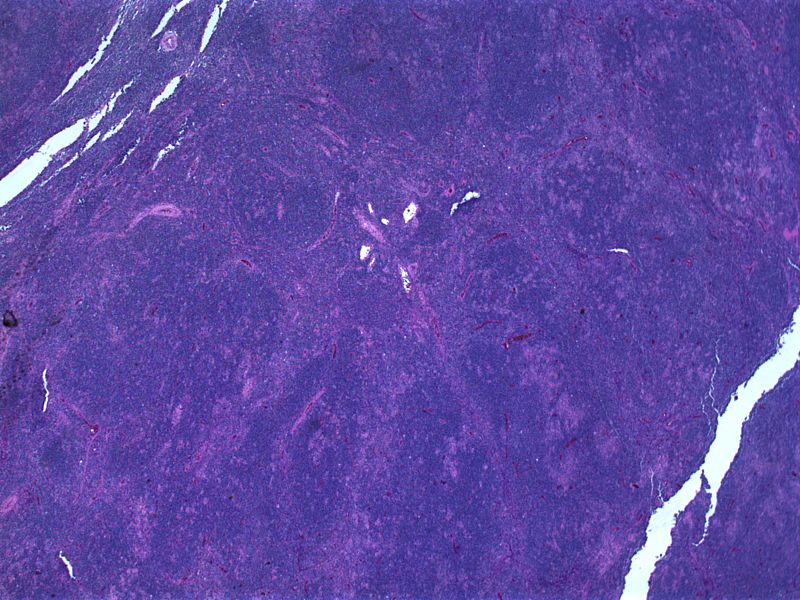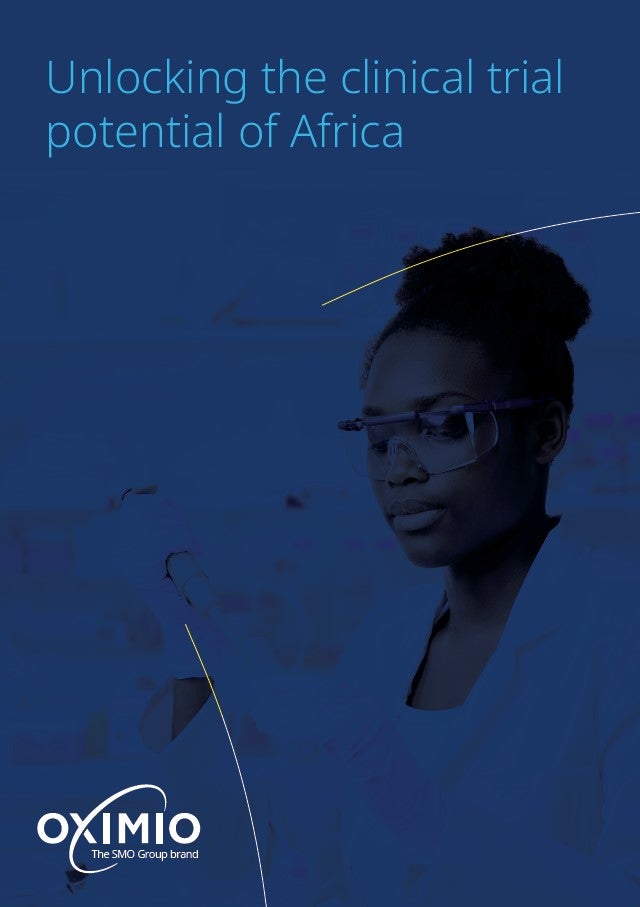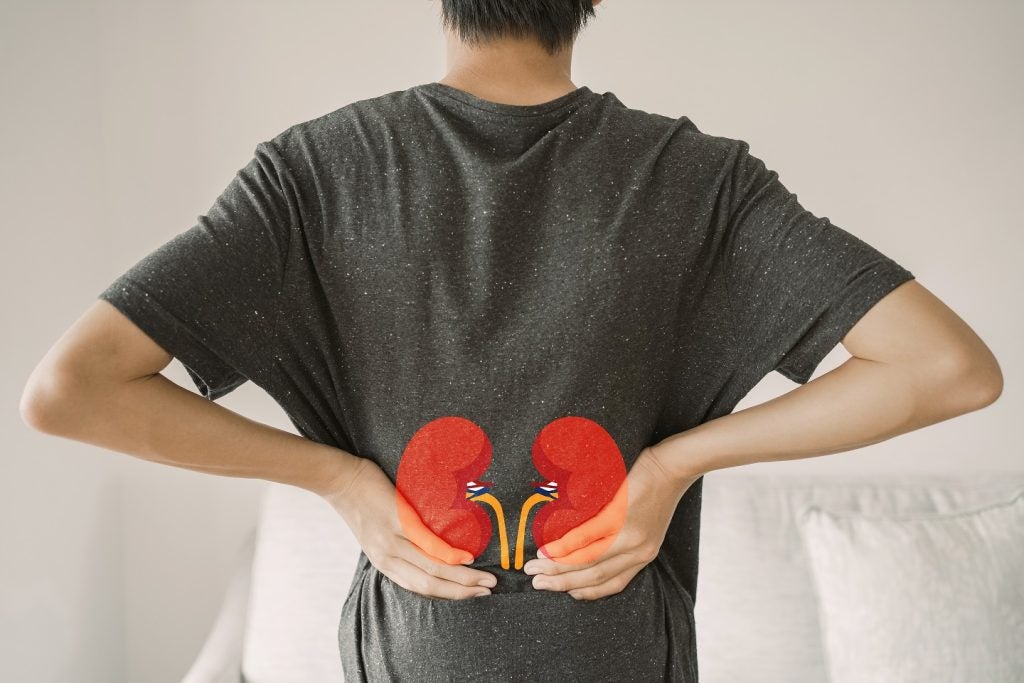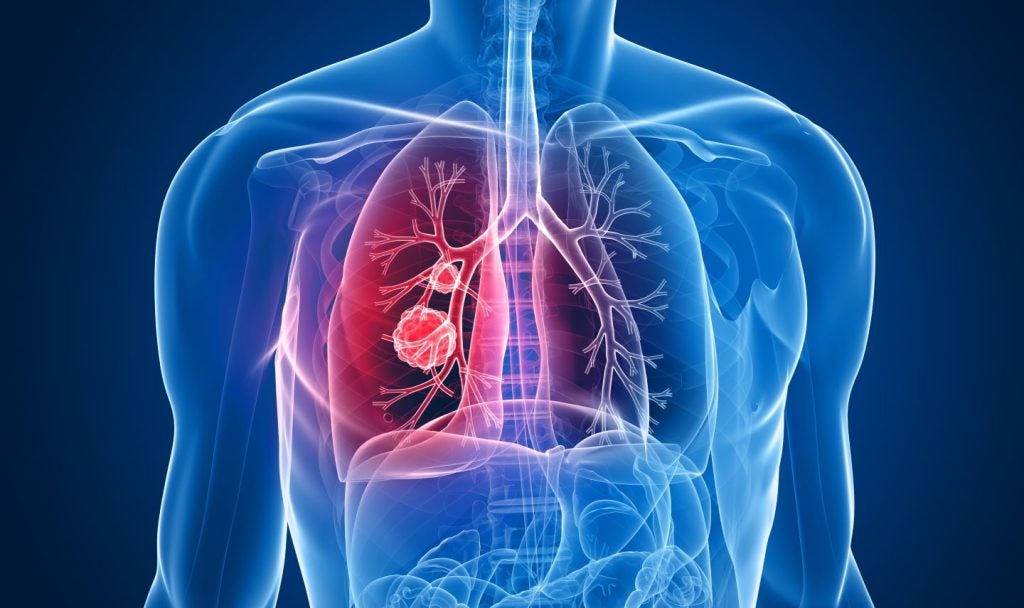
Seattle Genetics has dosed the first patient in a Phase I trial SEA-TGT, an anti-TIGIT antibody used for the treatment of patients with solid tumours and lymphomas.
The nonfucosylated human IgG1 antibody SEA-TGT uses the company’s Sugar Engineered Antibody (SEA) technology.
The Phase I trial will evaluate the safety and anti-tumour activity of SEA-TGT as a single agent and as in combination with the anti-PD-1 antibody, pembrolizumab. It is currently open in multiple sites in the US.
It is expected to enroll about 111 participants and will evaluate the antibody in advanced solid tumours and lymphomas, including non-small cell lung cancer, gastric carcinoma, Hodgkin and selected non-Hodgkin lymphomas.
Based on preclinical data, SEA-TGT, which is also known as SGN-TGT, has improved effector function enabled by the company’s SEA technology.
How well do you really know your competitors?
Access the most comprehensive Company Profiles on the market, powered by GlobalData. Save hours of research. Gain competitive edge.

Thank you!
Your download email will arrive shortly
Not ready to buy yet? Download a free sample
We are confident about the unique quality of our Company Profiles. However, we want you to make the most beneficial decision for your business, so we offer a free sample that you can download by submitting the below form
By GlobalDataSeattle Genetics initiated a Phase I clinical trial evaluating investigational agent SGN-B6A, which is also currently open in multiple sites in the US, and is expected to enrol about 235 participants.
SGN-B6A is an antibody-drug conjugate (ADC) targeting integrin beta-6 that is overexpressed in numerous solid tumours. It has been demonstrated to be a negative prognostic indicator across a diverse range of cancers.
This study will evaluate SGN-B6A in solid tumours, including non-small cell lung cancer, head and neck squamous cell cancer, breast, esophageal, ovarian, bladder, cervical and gastric cancers.
Seattle Genetics chief medical officer Roger Dansey said: “We believe that anti-TIGIT antibodies may have an important therapeutic role in the evolving immuno-oncology landscape.
“SEA-TGT utilises our novel SEA technology, which in preclinical research has demonstrated enhanced effector function that potentially differentiates it from other TIGIT antibodies in the clinic.
“The initiation of clinical trials for both SEA-TGT and the ADC, SGN-B6A, underscore our commitment to advancing novel drug candidates from our pipeline into clinical testing.”








